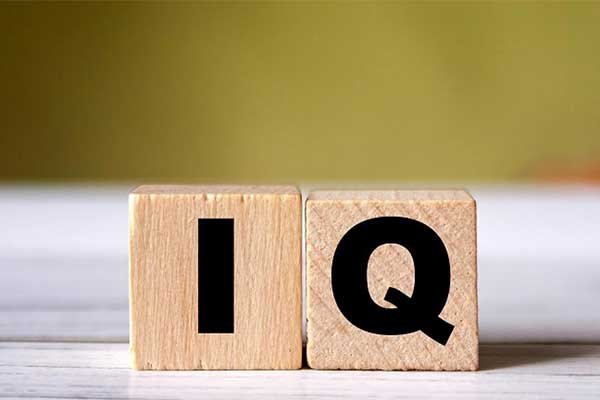IQ Testing
IQ tests are administered under controlled conditions by trained professionals, such as psychologists or educational specialists. The most commonly used IQ test is the Wechsler Adult Intelligence Scale (WAIS) for adults and the Wechsler Intelligence Scale for Children (WISC) for children.

IQ scores are typically presented on a scale where the average score is 100, and a standard deviation of 15 is considered normal. This means that approximately 68% of the population falls within the IQ range of 85 to 115.
It’s important to note that IQ tests have been the subject of some criticism and controversy. While they provide a measure of cognitive abilities, they do not capture all aspects of intelligence, such as creativity, emotional intelligence, or practical skills. Additionally, cultural and socioeconomic factors can influence performance on IQ tests, which may result in biases.
IQ testing is often used in educational settings to assess students’ academic potential or identify individuals with exceptional abilities or learning disabilities. It can also be used in clinical or research settings to assess cognitive functioning or diagnose intellectual disabilities.
If you have any specific questions about IQ testing or would like more information on a particular aspect, feel free to ask!
